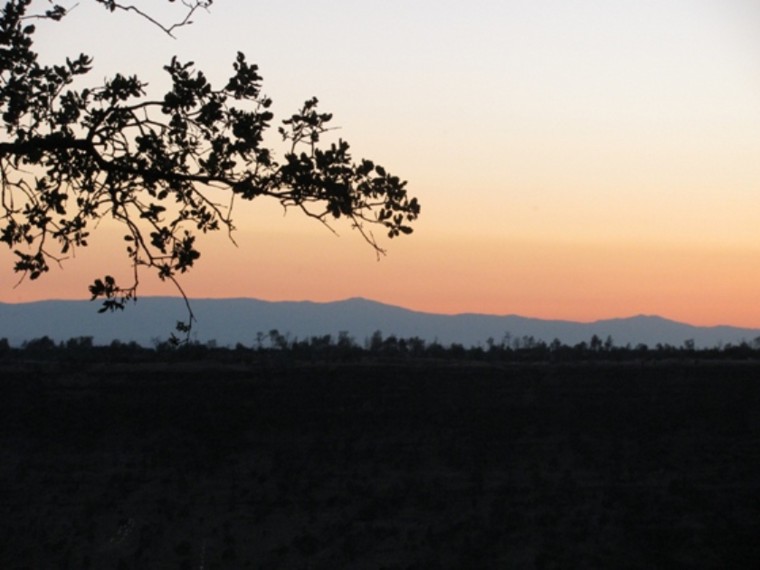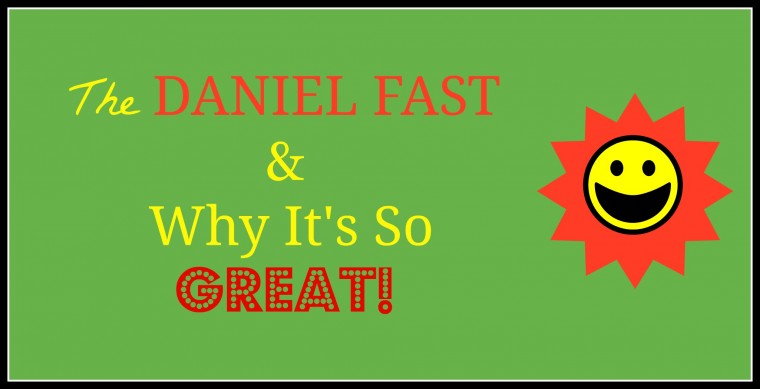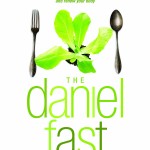
It was a pretty rough December. It was one of those months I would not wish to repeat. It felt as if I was all alone, fighting an invisible enemy. I found myself crying crocodile tears on Christmas morning. There was no stopping the emotions. They had collected and squeezed the life out of me. I didn’t have time to recharge nor regroup.
Out of necessity, my Christmas plans to be with with my grandchildren and kids had derailed. Three separate issues, none of them easy (unrelated to family), were causing a drain on my emotional energy. And both my folks were in and out of hospitals and rehab centers throughout the holiday season. We celebrated Christmas at the rehab hospital by taking one parent from his facility to be with my other parent in her facility, which was unique and special in its own way and not a bad way to celebrate Christ’s birth truth be told.
I guess I had reason to be a bit off. But I didn’t like it, and I didn’t feel like myself. Everything seemed out of focus and gray. It felt as if a dark cloud was hovering over me and robbing me of my happiness, and I know where that leads.
Thankfully it didn’t last, I am glad to say. Everything is back to normal now; the cloud is gone, and I am doing okay. But it took drawing upon some spiritual resources at my disposal to pull myself out of the fog and back into the sunlight.
None of us like a stagnate or discombobulated spiritual walk. Not if we are serious about our Christianity. We prefer to move forward, grow, and learn as we go along down the path of life. But sometimes it feels as if we are running in place or losing ground, aware of where we want to be but finding it difficult to see any progress.
It can be down right discouraging.
Ever been there? Are you there right now? And sometimes we feel like the children of Israel, wandering in the desert, going around that same mountain again and again. And sometimes it is a matter of too many circumstances crowded into too short of time. We don’t have time to catch our breath or even have an opportunity to sort it out.
Treading water is one thing, but maintaining in real life is another.
In my pursuit of God, I have learned a few things worth knowing and sharing. I know that there are some circumstances you just have to go through and let God help you as you fumble through them. Other things are more like the dark night of the soul, those times when God veils Himself and we can’t seem to access His presence or feel His closeness. He is there, of course, but as it goes, we learn to trust without seeing. We know He is there, but He is silent. And sometimes we are out in left field, not sure how to get back in the game.
There are a few tools that are useful during such times. There are three practices that I have found to be invaluable through the ups and downs. These are openness with God, fervent prayer, and spiritual contemplation.
Openness, Prayer, and Contemplation:
- Open attitudes are necessary when we seek God. Those who are open with God will find and receive. As in all relationships, we are either opening up or we are closing down, like a hand is either opening up or closing shut. When we open our hearts to God, we are essentially coming out from hiding while we learn to become honest with God. The more open we become, the more we will be able to receive. It works that way. Open little, receive little. Open big, receive big. Warning: Openness will prompt God to reveal what is in your heart so you can go to work and deal with what is in need of attention.
- A prayerful heart is developed through ongoing, regular prayers. Supplication is part of the process of praying. We often ask for God’s help regarding our concerns and desires. But prayer is also much, much more. It also is praise, worship and adoration. God is worthy. In our prayers, we honor Him for Who He is, not only for what He does. Another element in prayer is confession and contrition. God often highlights areas of sin or duplicitous behavior, those times when we serve self rather than serving God. God is always in the process of bringing us closer to Himself. The relationship works best when it is pure and meaningful. Prayer becomes an interactive conversation once we stop using it as a dictatorial request mechanism used to bend God’s ear our way, rather than ours His way.
- Contemplation, similar to meditation, combines scripture reading with reflection and listening. The beauty of contemplation is found when we read God’s word and wait in His presence. We listen for His still, small voice. When the whispers come in the quietness, they speak to our soul in a profound way. Contemplation requires blocks of time spent alone with God without any outside distraction. It also requires two things: We must confess and repent of anything God should reveal to us about the state of our hearts; whether they are unholy, unrighteous or willful attitudes and actions, or something that is not His will for us, or if it is an activity or choice we have pursued in our own strength and self-effort. God will show us what these are by bringing them forward in our minds. It is essential to have a clean slate with God when we want to be close to Him. Secondly, we must center our thinking on God and His words. Our relationship with God will grow in significant ways once we begin focusing our thoughts on Him. It is helpful to have a pencil in hand should God impress you with certain spiritual considerations to remember and apply, or to appreciate and give thanks.
I trust you will seek God until you hear from heaven. It may be through scripture, or a song, a verse, or a quote, or from a dear friend. God uses many ways to communicate truth to us. It is always, always, always best to be open with God. It also helps to pray often and fervently. To contemplate while alone with God, will change your life. In all of these, it is necessary to prepare yourself mentally and spiritually. Be advised; hasty, shoddy, or improper preparation in the spiritual realm makes us vulnerable to the Enemy and anything that would deceive us or derail our efforts at drawing closer to God.
By the way, my folks are home now. I am thankful for God’s loving intervention.
God bless you as you seek Him,
Norma


